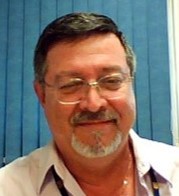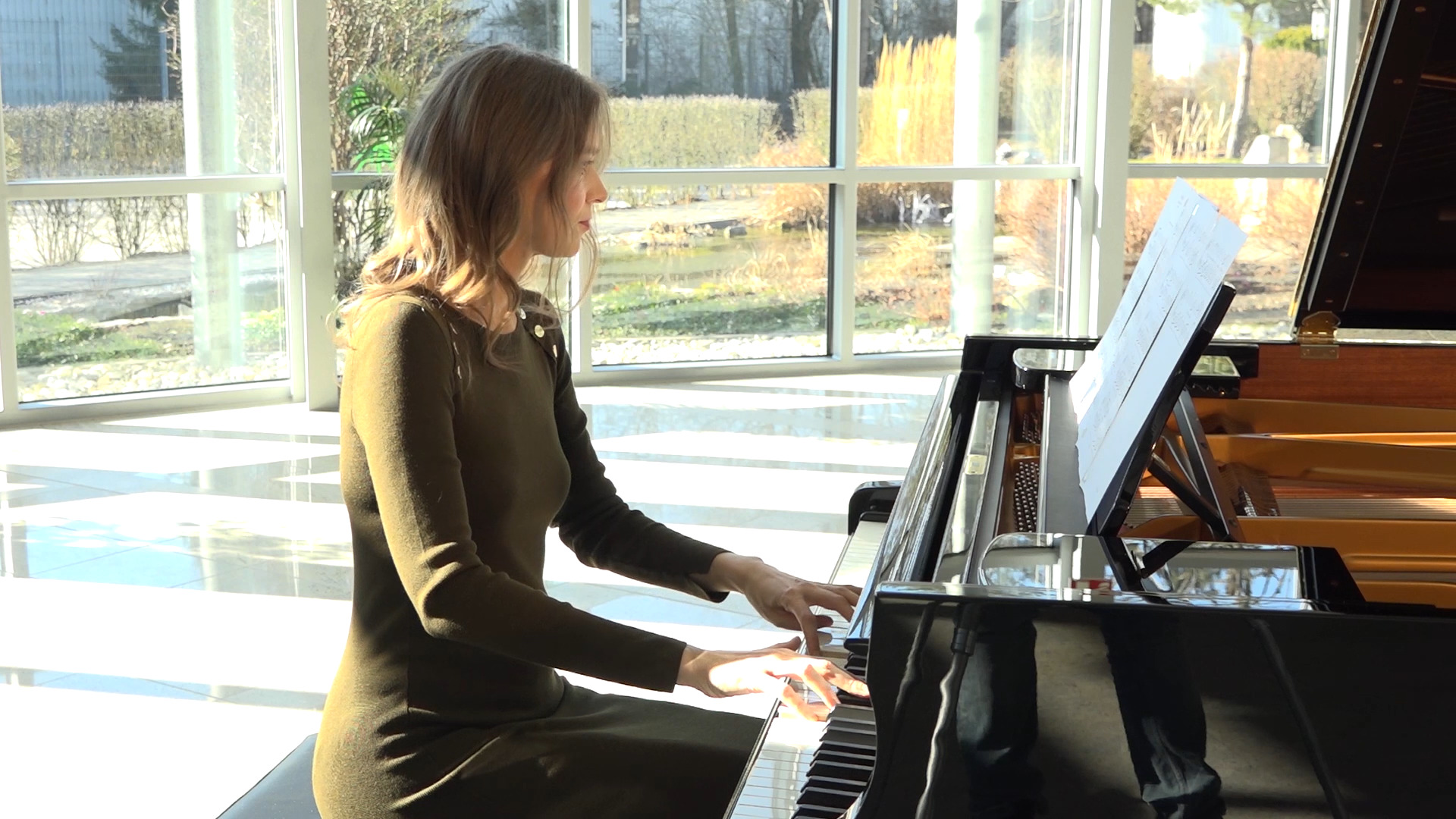About
Pianist and composer. Studied piano at "Escola Pro-Arte de Sao Paulo" with Alfredo Cerquinho and at "Escola Magda Tagliaferro" with Zulmira Elias Jose, Magda Tagliaferro. Had also Hans Graff (Viena) e Conrad Hansen (Hamburg) as piano professors. Had classes on composition with Johannes Oelsener, György Ligeti and Karlheinz Stockhausen. Obtained his master degree at Univ. Sao Paulo (ECA/USP) oriented by Prof. Dr. Amilcar Zani Netto. After a doctorate in Electrical Engineering at Universidade Federal de Uberlândia, started to work on electro acoustic music. Was professor of music and computer music at Universidade Federal de Uberlândia and at Universidade Federal de Santa Catarina. His compositions includes modern, contemporary and electro acoustic music.

